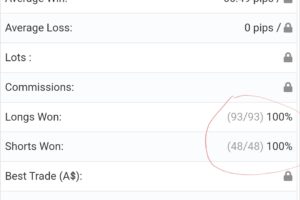
What You Should Know About Trading
Any thriving marketplace has two types of traders: market makers and market takers.
Market makers generally try to buy at the current best bid or sell at the current best offer, i.e., they are making a market that is reflected in the current last price. Market makers are almost always willing to buy or sell, but may be inclined to step away in times of extreme volatility.
Market takers are less concerned with executing at the best bid or offer. Instead, they seek liquidity and immediacy, which is enhanced by the constant availability of a tight bid/ask spread created by the market makers. The relationship between market makers and market takers is symbiotic. Each needs the other in order to thrive.
The market maker looks to get paid by receiving a premium from the market taker in return for providing constant liquidity. This premium is called an edge, and is typically quantified as the difference between the bid and offer.
Market makers tend to turn over their positions rapidly, generally not caring whether they are long or short. Their goal is to always be positioned in the market, because every moment they are trading with the edge can lead to potential profits with relatively low risk. Conversely, every moment they are not in the market imposes an opportunity cost. Thus, market makers often operate in many different markets simultaneously so their profitability is not tied to the order flow in one specific market.
Market takers need liquidity and immediacy to ensure a reasonable price exists whenever they need to enter a trade or close an existing position. Market takers accept that they must give up the edge in return for the service provided by the market maker. Market takers tend to turn over their positions less frequently than market makers and, therefore, generally are less concerned about trading costs.
There are some market takers who trade frequently, but market makers tend to be far more active in terms of volume and number of transactions, due to the nature of their business.
Tag:dib wave




